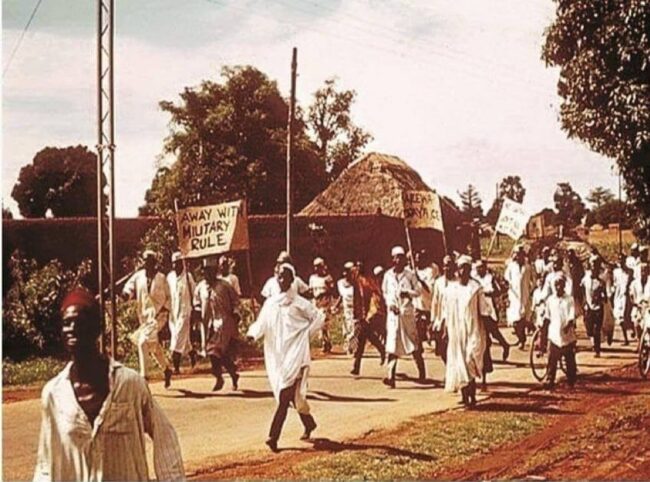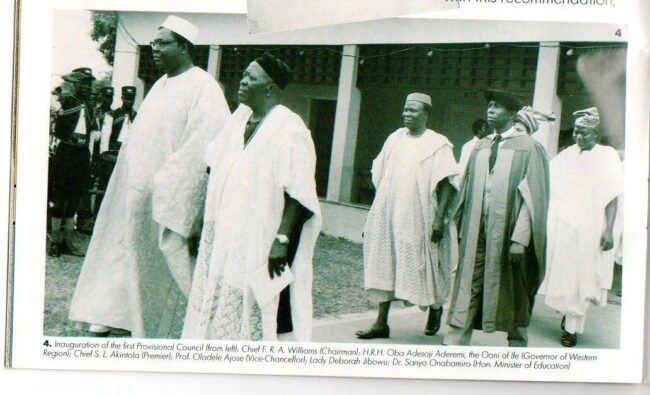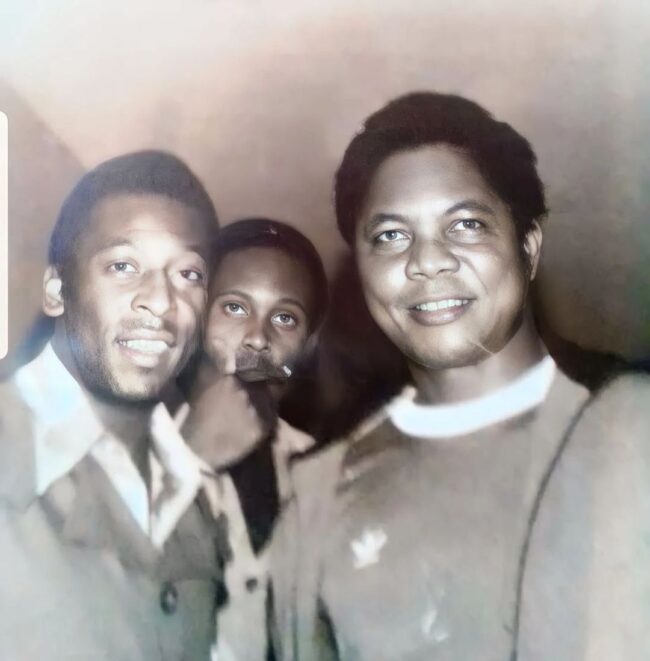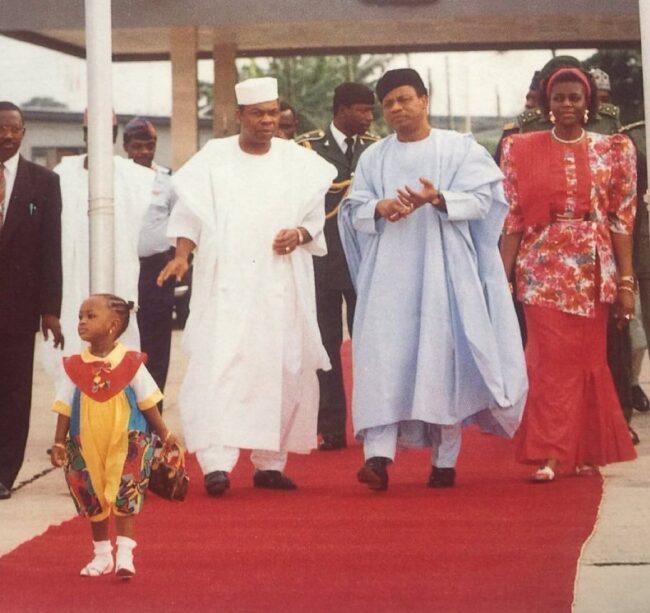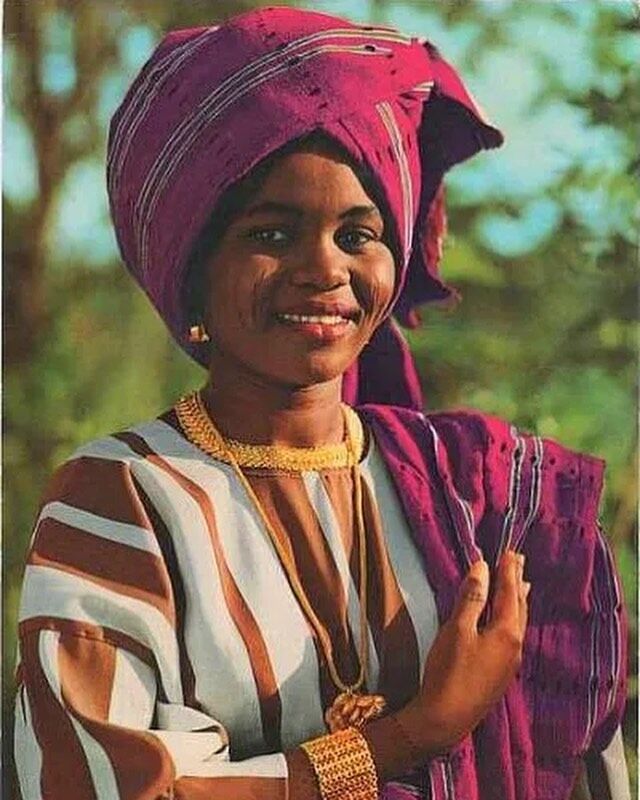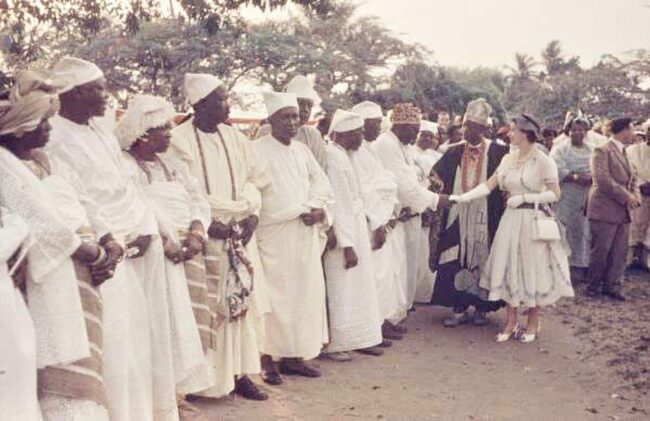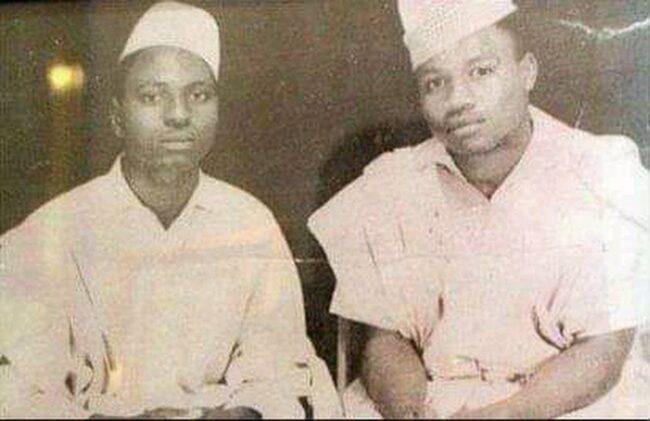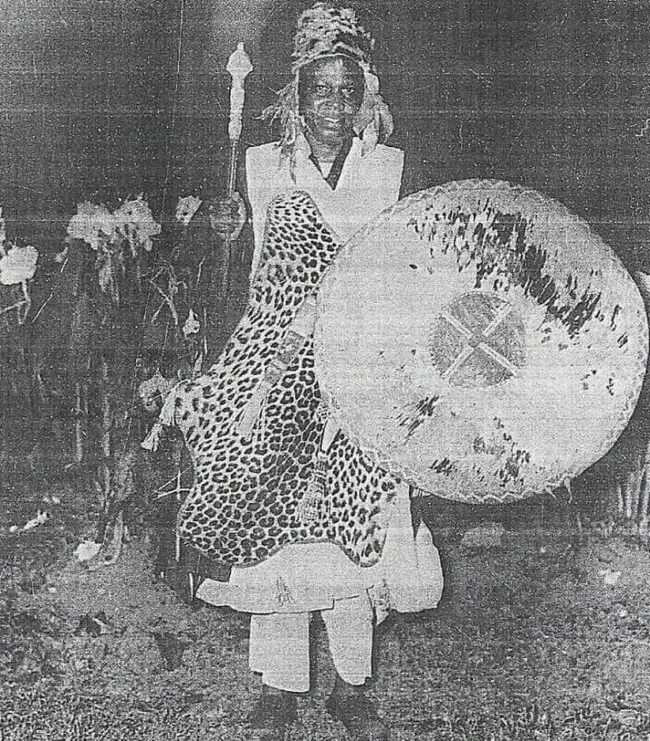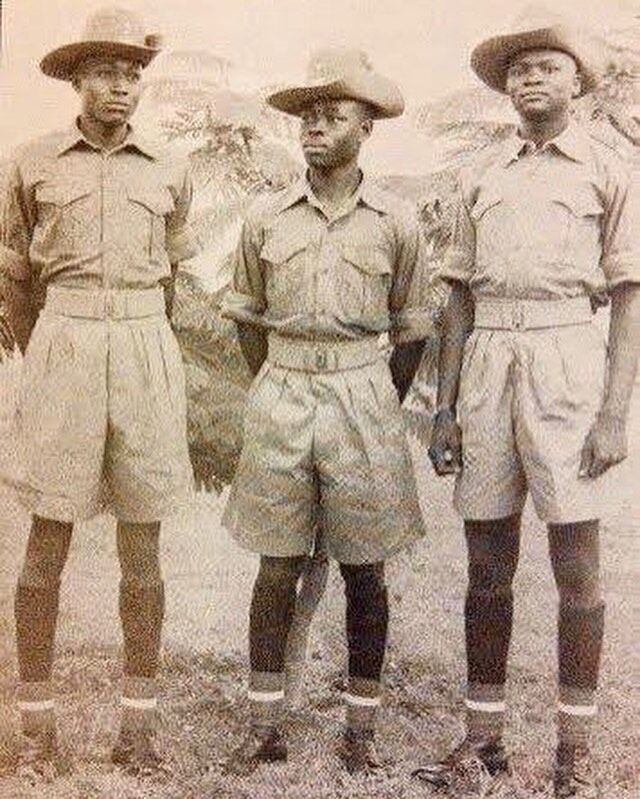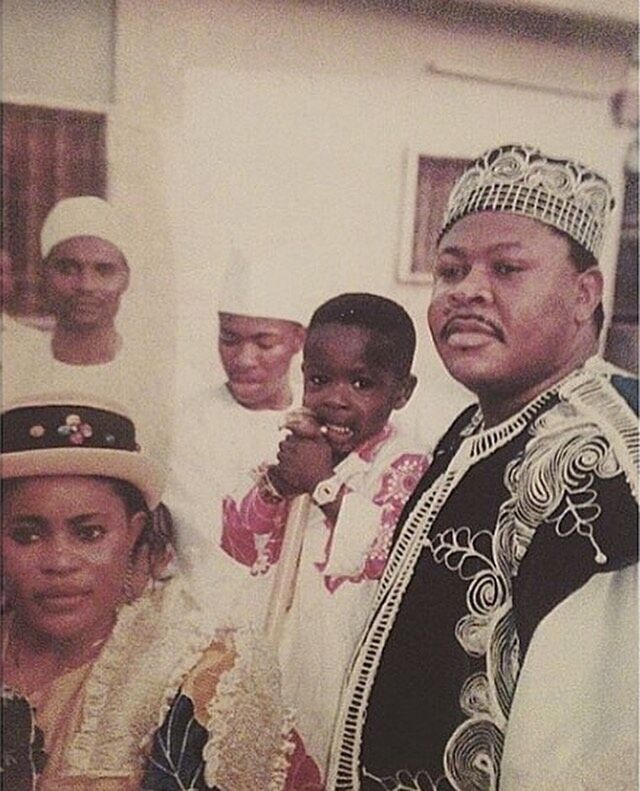Lagos Island’s “IDEJO” (white cap chiefs): Olofin Atekoye, the man who established Isale Eko (Lagos) and initially made his home on Iddo Island, is the father of the Idejo White Cap Chiefs of Lagos. Following the demise of this fabled individual, currently recognized as the progenitor of the land-owning chiefs of Lagos, his progeny scattered around the city, consolidating their dominance. They would congregate for nine days in a row in Iga Idunganran, the Lagos oba’s palace, for state sessions from these locales. They conducted prayer rituals, talked about important matters, shared meals with extended family members and friends, feasted, anddanced to the sounds of the Gbedu and Igbe drums during these get-togethers. According to Lagos folklore, Idejo chiefs are descended from Olofin and were the first landowners on the island of Lagos.Certain Idejo nobility members, like the Elegushi, have had their rank increased to that of an Oba. Olumegbon, Aromire, Oloto, Oluwa, Oniru, Onisowo, Onitolo, Elegushi, Ojoro, and Onikoyi were among Olofin’s thirty-two offspring. Idejo chiefs can be identified by their regal attire, which includes a white cap and fan. Some chiefs found homes closer to Lagos Island and the Oba’s palace due to the distances and mishaps they experienced on their way there. They were given support by the Lagos State Government to return to their various domains and establish themselves as first-class monarchs during the late Oba Adeyinka Ayinde Oyekan’s reign. Title of Ojora: Formerly: Chief Ojora of Lagos Now: Oba Ojora of Ijora and Iganmu Kingdom, Coker Aguda Local Council Development Area Current Occupant: Oba Abdul Fatai Oyeyinka Aremu Aromire, Oyegbemi II Title of Oniru:…

